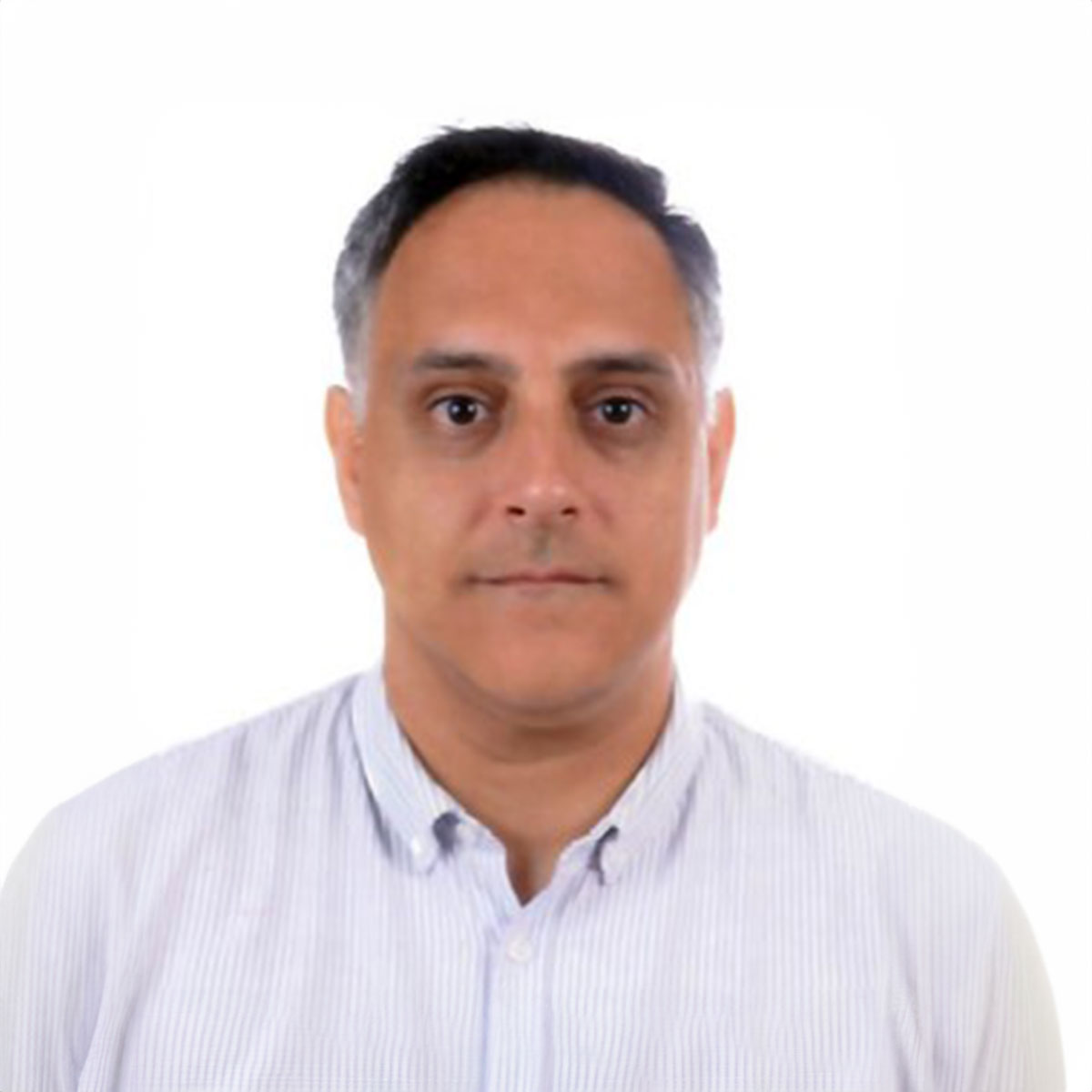
EUCAST Development Laboratory, Växjö, Sweden
Assoc. Prof. Onur Karatuna, M.D. studied medicine at Istanbul University, Cerrahpasa School of Medicine (Istanbul, Türkiye). He completed his specialty training in medical microbiology in 2008 in Marmara University, Department of Medical Microbiology (Istanbul, Türkiye). After completing his military service and the obligatory state service, he worked at the Acibadem University (Istanbul, Türkiye) as an academic staff in the Department of Medical Microbiology between 2011 and 2019.
Between 2012 and 2018, he served as the scientific secretary of the Turkish Study Group ADTS (Standardisation of Antimicrobial Susceptibility Testing) which is recognized by the EUCAST as the National Antimicrobial Susceptibility Testing Committee (NAC).
He was an executive committee member of the ESCMID Study Group for Antimicrobial Resistance Surveillance (ESGARS) between 2016 and 2022 which together with World Health Organization (WHO) and the Dutch National Institute for Public Health and the Environment coordinate and run the joint initiative Central Asian and European Surveillance of Antimicrobial Resistance (CAESAR) network.
Starting from 2014, he has been actively collaborating in the CAESAR project as a WHO consultant on antimicrobial resistance (AMR). He is a member of the CAESAR Advisory Group since 2016.
In 2022, he joined the ESCMID Education Subcommittee, and in 2023, he joined the newly developed ESCMID eAcademy Working Group.
Since 2018 he is working at the Clinical Microbiology Laboratory, Central Hospital in Växjö, Sweden. The laboratory is the national reference laboratory for phenotypic AST, hosts the EUCAST Development Laboratory and is designated as a WHO Collaborating Centre for Standardization of AST. Dr Karatuna works primarily at the EUCAST Development Laboratory and is in charge of liaising with the WHO.
Dr Karatuna’s research focuses on development of AST methodology for new antibiotics or organisms lacking clinical breakpoints, epidemiology and surveillance of AMR, laboratory capacity building, training and education in clinical microbiology and infectious diseases, and innovative technologies for the detection of AMR.
